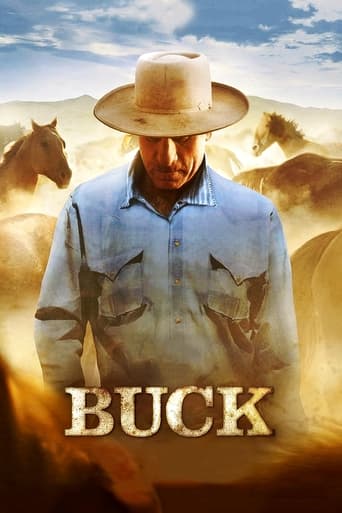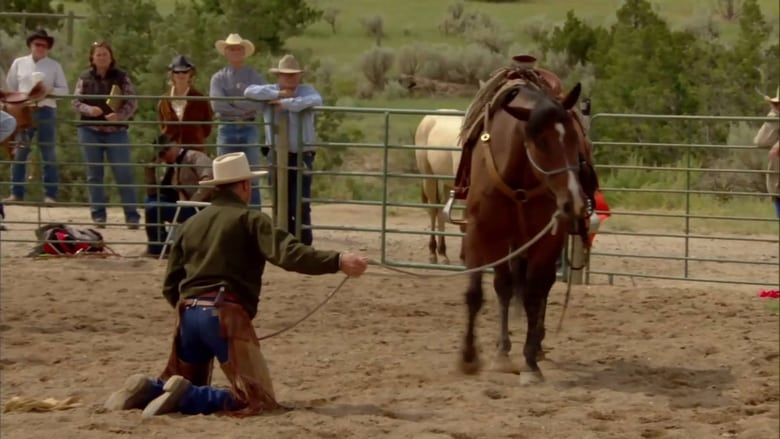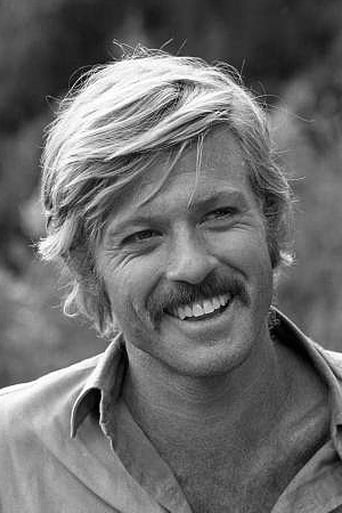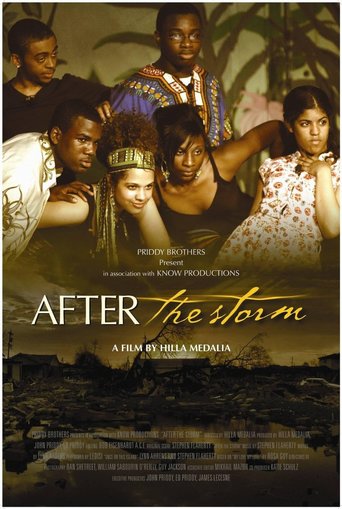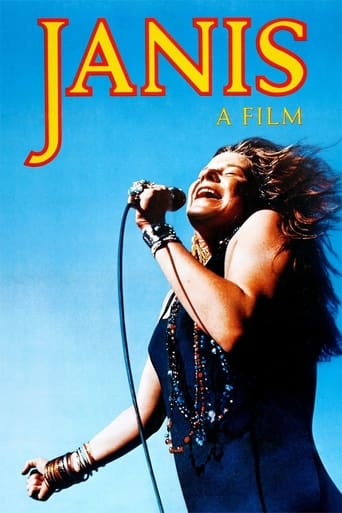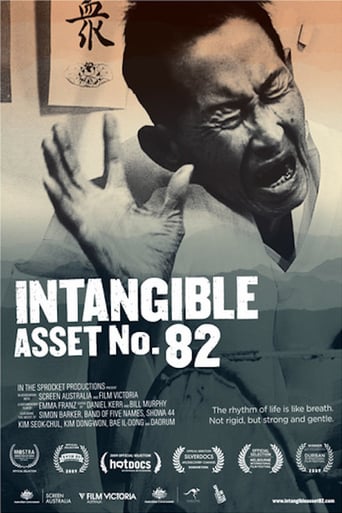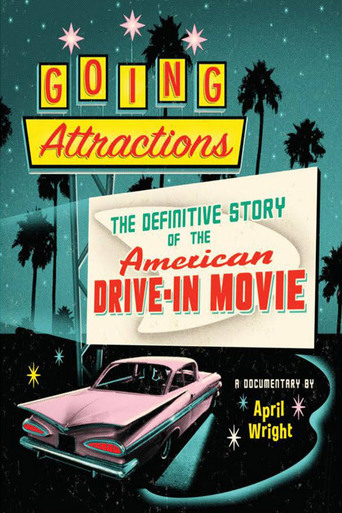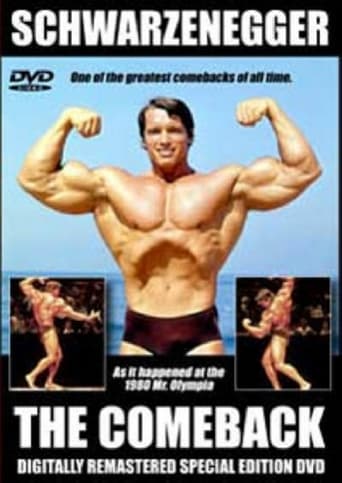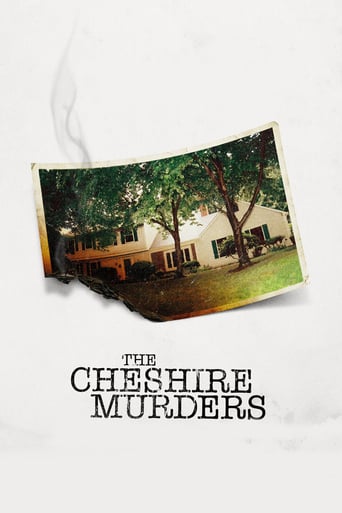Buck (2011)
An examination of the life of acclaimed 'horse whisperer' Buck Brannaman, who recovered from years of child abuse to become a well-known expert in the interactions between horses and people.
Watch Trailer
Cast


Similar titles
Reviews
This documentary tells the story of Buck Brannaman a cowboy who's understanding of horses seems to be unmatched. Buck tours the country for months of the year providing seminars for horse owners everywhere. This documentary follows him to many of his different seminars where they capture Buck doing what he does best. What makes this film unique, and worth watching is the unique way Buck treats the horses he works with. Along with that comes the ability for these horses to seem a lot smarter than most horses, and trained to another level than the average horse. The training seen in the opening minutes of the film leaves a certain wow factor on the viewer. These awesome events are the prologue to the inspiring story to come. As the film progresses it begins to describe Buck's childhood, which was a very troubled one and formed him into the man he is today. Buck's childhood is directly related to the work he does today. It was the events of his past that helped him form some of the techniques he uses in his demonstrations. Buck often describes horses like "children" he uses this analogy to describe the way they must be raised. Buck's respect for these animals is touching to say the least. This film combines Buck's love, with life lessons for all to learn. The lessons apply to more than just horses, this film teaches you how to live your life in such a way that you positively affect everyone you meet. Every interview in the film shares the same message about how wonderful Buck is, and through watching this film you too can share this awesome opinion. The director does a wonderful job at capturing the magic that is Buck Brennaman, and I would recommend this film to anyone and everyone.
SPOILERS SPOILERS SPOILERSFrom what I saw of this movie I can confidently say that it was good. I really appreciated how it not only showed Bucks method of training but also compared it to the past techniques used by trainers. I like how it mirrored Bucks abusive past as well. How he learned how to treat horses by putting himself in their shoes. I also appreciated the fact that it not only showed what Buck did to tame, or rather befriend, horses but also how he explained what the horse was thinking at each step causing onlooker to realize that there is no bad horse only a fearful horses and that they have every right to fear us. The explanation of his past also creates interest in this movie.
Everybody has to face adversity. However, not everyone can conquer it quite like Buck Brannaman. The documentary "Buck" takes you through the daily life of Buck Brannaman, the acclaimed "horse whisperer." Although Buck's life seems simple and peaceful at first, you quickly learn of the adversity that he had to face to be in that position.When Buck says, "I'm helping horses with people problems," various people could interpret it in many ways. In this documentary we learn that Buck had a very troubled childhood. He was forced to work at a young age for an abusive father, and things only got worse when his mother died. Things got so bad that Buck eventually moved into a foster home to get away from his father. It was in this home where Buck met his new "mother." She was one of the few people to actually care and help Buck, and because of this, they developed a very close relationship. This is very similar to what Buck is doing to these horses. You could simply swap out Buck for a horse, and his foster mother for Buck and you will have a very similar situation.All in all, this documentary is about a man who passes down life lessons of care down to others.
Buck Brannaman, the film's subject and namesake, may be the greatest horse trainer alive today. Traveling from state to state for the better part of the year, he runs an open clinic to apply, test, and maybe even show off his skills. He is at once hyper-masculine and hyper-sensitive, well-built and soft, with a near-impossible rapport with horses. Upon being introduced to him by way of interview, he appears as the sort of figure so Americana that one must wonder if it is possible for him to exist at all. This near-mythical quality is not diminished throughout the course of the film, but rather amplified. This proves to be both its greatest strength and, ultimately, its undoing.The first thing established is that Brannaman's skills are utterly peerless. He is far more than a "horse whisperer": his equine interactions are more like complete conversations, almost contracts with the animals. He is able to approach nearly any horse with ease and form one of these contracts in a matter of seconds. He looks at a horse and instantly understands its entire past. We see Brannaman's customers look on with awe, nodding along as he uncovers and unpacks horses' entire histories, like some sort of ultra-Americana Freudian. The onlookers' awe is captured with grace by the film, most likely because it is shared by the documentarians themselves. Problems only arise when the film tries to draw itself in closer than the star-eyed spectators.The film is simply unable to keep up with Brannaman. The central voice of the film is Brannaman's, and the documentarians barely offer any interpretation at all. This is absurd: one cannot narrate a documentary about one's self without destroying the possibility of an external voice. The stark obedience is suffocating. As he describes his methods and his influences, the film barely budges from the generic, much-maligned "talking heads" style of documentary. We are occasionally treated to stray images and footage of Brannaman's past and influences, but these feel detached. The film is clearly not on Brannaman's level, and so it resorts to simply listening to Brannaman. This becomes particularly problematic when we learn that Brannaman was physically abused as a child. We are presented with interviews with the foster parents that rescued him from his broken home, footage of he and his brother, dead-eyed and on television beside their towering, quietly menacing father. The material is indeed terrifying when seriously considered, but it is presented in such a detached and almost random matter as to feel nearly weightless. We may sympathize with poor Buck and applaud his rise to equestrian greatness, but only in the same manner that we may sympathize with a fictional hero destined to victory. This superficiality is, when considered, both terrifying and immediately understandable, given the mythical manner in which Brannaman is presented. A better documentarian could have truly humanized Brannaman, going beyond simple talking heads and slides, but this crew is simply too in awe of Brannaman to show his grief as it is. Every time we come close to truly reaching a revelation about his character, it pulls back to his amazing talents, and he remains too far above us to be seen.The film closes with a vignette about an oxygen-deprived stud horse who exhibits severe aggression, inciting rage from Brannaman directed at its owners. The horse is finally put down as Brannaman makes a speech about how it could have been more with proper care and attention. This sequence is both microcosmic of the film's issues, and an apt metaphor for the film itself. Once again, Brannaman's words reign supreme, destroying any hint of objectivity or any possibility of real analysis of his character. Pathos is almost induced, but constantly falls flat in the face of lack of direction. The horse being taken away to euthanasia is perhaps like the film itself: it could have been something far greater if the caretakers weren't so scared to get closer.3/5

